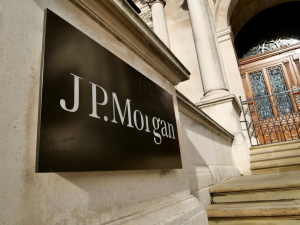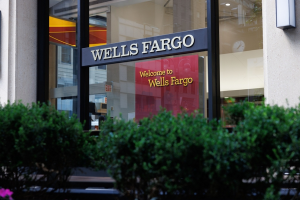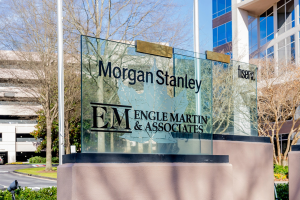
Education
In the fast-evolving world of financial compliance, British banks are facing new operational and regulatory challenges as millions of company directors have yet to verify their identities with Companies House. This verification drive—part of the UK government’s broader effort to combat fraud, money laundering, and shell-company misuse—is causing a ripple effect across the banking sector, affecting credit approvals, deposit onboarding, and business loan processing.
The identity verification requirement, introduced under the Economic Crime and Corporate Transparency Act, mandates that all company directors and beneficial owners confirm their identity through Companies House before being allowed to form or manage a business in the UK.
While the goal is to strengthen corporate transparency and reduce financial crime, the scale of the change is daunting: millions of existing company directors are still unverified, creating uncertainty for both regulators and banks.
Banks rely heavily on Companies House data for Know Your Customer (KYC) and Anti-Money Laundering (AML) checks. Incomplete or outdated information could delay the opening of checking accounts, the approval of mortgages for small business owners, and the disbursement of commercial loans. For institutions already balancing tight interest-rate margins, these administrative bottlenecks introduce new friction to customer onboarding and risk management.
Small and medium-sized enterprises (SMEs), which account for a large portion of new credit demand, are among those most affected. Many businesses seeking short-term working capital or long-term loans are now required to provide additional verification documents to satisfy both Companies House and bank-level compliance systems.
This has led to slower processing times and additional costs, especially for companies with complex ownership structures or international shareholders. For banks, these verification delays could temporarily constrain lending growth, particularly in sectors where rapid access to credit is vital—such as construction, technology start-ups, and retail.
Moreover, with higher interest rates persisting, delayed loan approvals may discourage some borrowers altogether, dampening deposit growth and weakening overall liquidity in the business banking segment.
To adapt, major UK banks are investing heavily in digital banking infrastructure and automated compliance technology. Advanced KYC tools and artificial intelligence systems are being used to verify identities faster, cross-check public records, and flag potential inconsistencies.
At the same time, some banks are offering clients proactive guidance—helping them complete their Companies House verification through integrated digital forms or customer support channels. This not only reduces friction for customers but also strengthens the banks’ reputational stance as compliance-ready institutions.
However, smaller regional lenders may find it harder to keep pace with these changes due to limited resources, putting them at a competitive disadvantage as compliance expectations tighten.
The identity verification push signals a long-term shift in how transparency and accountability are enforced in the UK’s corporate landscape. Over time, improved verification standards could enhance investor confidence, reduce fraud losses, and streamline risk assessments across the credit system. Yet in the short term, banks must balance the dual pressures of compliance costs and customer service expectations amid a high-interest-rate environment.
As regulators and institutions align their systems, smoother verification and faster digital integration will become critical differentiators in the banking industry.
Insight: The transition may slow credit activity temporarily, but it will ultimately foster a cleaner, more transparent business environment. Banks that leverage digital innovation and customer education to manage verification efficiently will not only meet compliance demands—they’ll also strengthen trust, improve operational resilience, and position themselves for growth in a more accountable financial ecosystem.
 Previous Post
Previous Post
SKN | Ally Financial Trims Headcount by 2% as Banks Weigh AI’s Impact on Jobs
 Next Post
Next Post
SKN | How Bank Employees Can Bridge the AI Skills Gap

February 21, 2026

February 21, 2026

February 20, 2026

February 20, 2026

SKN | Wells Fargo Lifts Ameren Target to $113: Defensive Yield with Regulated Growth Discipline

SKN | Morgan Stanley Trims IQVIA Target to $240: Tactical Reset, Strategic Conviction Intact

SKN | JPMorgan Structures Debt Financing for Qualtrics–Press Ganey Deal: Credit Markets Signal Confidence